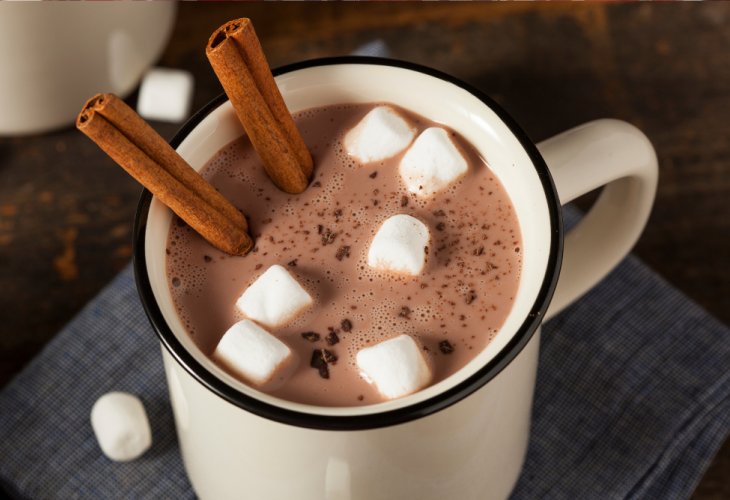Health and Nutrition
Is Coffee Safe for Kids? Experts Warn of Hidden Dangers
Pediatricians and nutritionists explain why even small amounts of caffeine can harm children’s health and development.
 Illustration
IllustrationMost of us would agree that there’s nothing quite like a hot, quality cup of coffee to start the day. If your children are watching, chances are they want one too. It's therefore important to know that even in small amounts, caffeine consumption in children can have negative effects, due to their lower body weight.
Israeli nutritionist Dr. Maya Rosman explains: “Coffee contains caffeine, which raises heart rate, blood pressure, and increases fluid excretion from the body. Adults who have been drinking coffee for years have livers that are already accustomed to processing caffeine quickly, so they don’t experience these effects. But in children, these symptoms are still present. If a child drinks coffee and becomes hyperactive, it’s a sign the caffeine is strongly affecting them.”
American pediatrician Dr. Mark Corkins told CNN in an interview that he often sees children in the emergency room with irregular or rapid heart rates. “Some people think it’s okay to give kids coffee or caffeinated drinks, and that’s a mistake.”
According to the European Food Safety Authority, children should not consume more than 3 mg of caffeine per kilogram of body weight per day, which includes caffeine found in chocolate milk, cola, tea, or coffee. Due to their small body size, caffeine consumption puts children at risk of caffeine poisoning, and evidence also suggests that caffeine may impair bone growth in children. Stopping caffeine can cause withdrawal symptoms such as headaches and increased heart rate.
The American Academy of Pediatrics recommends that children under age 12 avoid all stimulants, and for those aged 12 to 18, coffee intake should be limited to 100 mg per day.
Dr. Corkins added: “Kids see adults drinking coffee, they see their older siblings, and they feel that drinking coffee is a ‘grown-up’ thing—they want to feel mature too. Parents, on the other hand, think a small amount won’t harm the child, so they allow it. But this creates a slippery slope where parents eventually give in instead of setting boundaries.”
“Please avoid giving coffee to your children—they don’t need it. It’s a stimulant, plain and simple. If your child is so tired that they need caffeine to get through the day, it’s better to consult a pediatrician to understand the underlying reason for their fatigue—don’t just give them caffeine,” he concluded.

